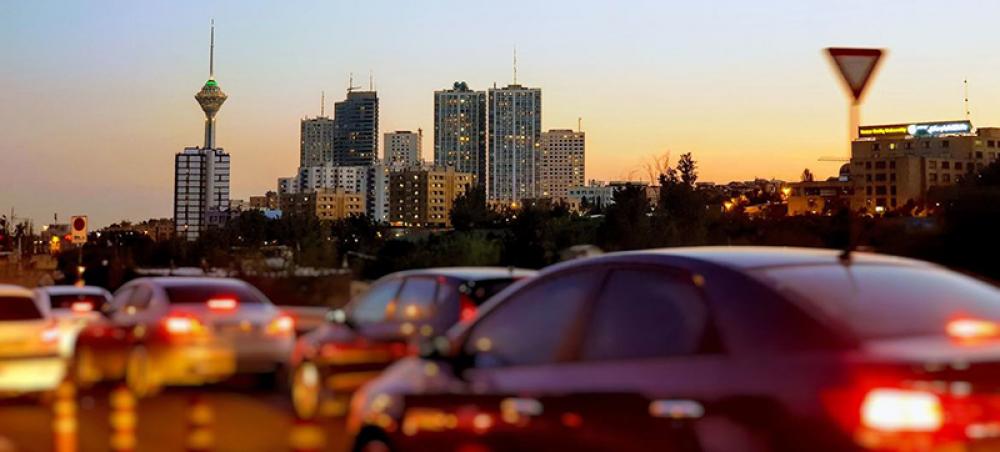Just Earth News | @justearthnews | 06 Aug 2024, 08:12 am Print
 Iran
Iran Photo Courtesy: Unsplash/Arman Taherian
Government-led crackdowns on protesters in Iran have had a disproportionate impact on the country’s ethnic and religious minorities since 2022, particularly in the Kurd and Baluch communities, according to a new advocacy paper released by the Human Rights Council-appointed International Fact-Finding Mission on Monday.
The paper highlights several ways Iranian security forces violated the rights of minorities including through “extrajudicial executions, unnecessary use of lethal force, arbitrary arrests, torture, rape” and other crimes against humanity.
The mission says this is the “direct result of long-standing discrimination” that must end immediately.
The protests’ impact
The advocacy paper said that the impact these communities have experienced “cannot be overstated” as their social fabrics are not changed.
“Women belonging to ethnic and religious minorities experience distinct harms that are compounded by pre-existing discrimination and violence against them both as women, as well as by virtue of their status as ethnic and religious minorities,” the paper said.
It continued, “The impact on children is transgenerational – the multifaceted harms of which may be expected for decades to come.”
In addition to the Kurds and Baluch minorities, Azerbaijani Turks and Ahwazi Arabs minorities were also severely impacted.
Death in custody
The protests in Iran were a result of the “unlawful” killing of Jina Mahsa Amini in September 2022, a 22-year-old Iranian-Kurdish woman, following her arrest for not complying with Iran’s laws on mandatory hijab.
Most of the demonstrators involved in the movement that lasted well into 2023, were from ethnic and religious minorities.
According to the advocacy paper, a pre-existing significant military and security presence in minority-populated border regions, created an ideal environment for the State to crack down on the protests, leading to many deaths and injuries.
Failure of accountability
Trials following these protests “were marred by fair trial and due process violations,” the paper said.
The Fact-Finding Mission said that accountability for Iranian security forces’ actions remains “elusive” with a lack of any meaningful criminal investigation into the abuses.
The Mission calls for “transformative measures of reparations and accountability at the national and international level in order to secure the rights of victims.”
The International Fact-Finding Mission is made up of independent human rights experts, appointed by the UN Human Rights Council. The members of the Mission are not UN staff and do not receive payment for their work.
- Foreign submarine attack? Iranian ship sinks close to Sri Lanka, over 100 missing: Reports
- US orders non-essential personnel out of Karachi, Lahore consulates over 'security risks'
- Carl Pei teases colourful surprise as Nothing Phone (4a) debuts at MW, check out the release date
- Apple unveils stunning new studio display XDR with 2000 Nits brightness and thunderbolt 5, check out the price
- Middle East conflict: Drone hits near US Consulate in Dubai, Massive fire erupts





-1763561110.jpg)
